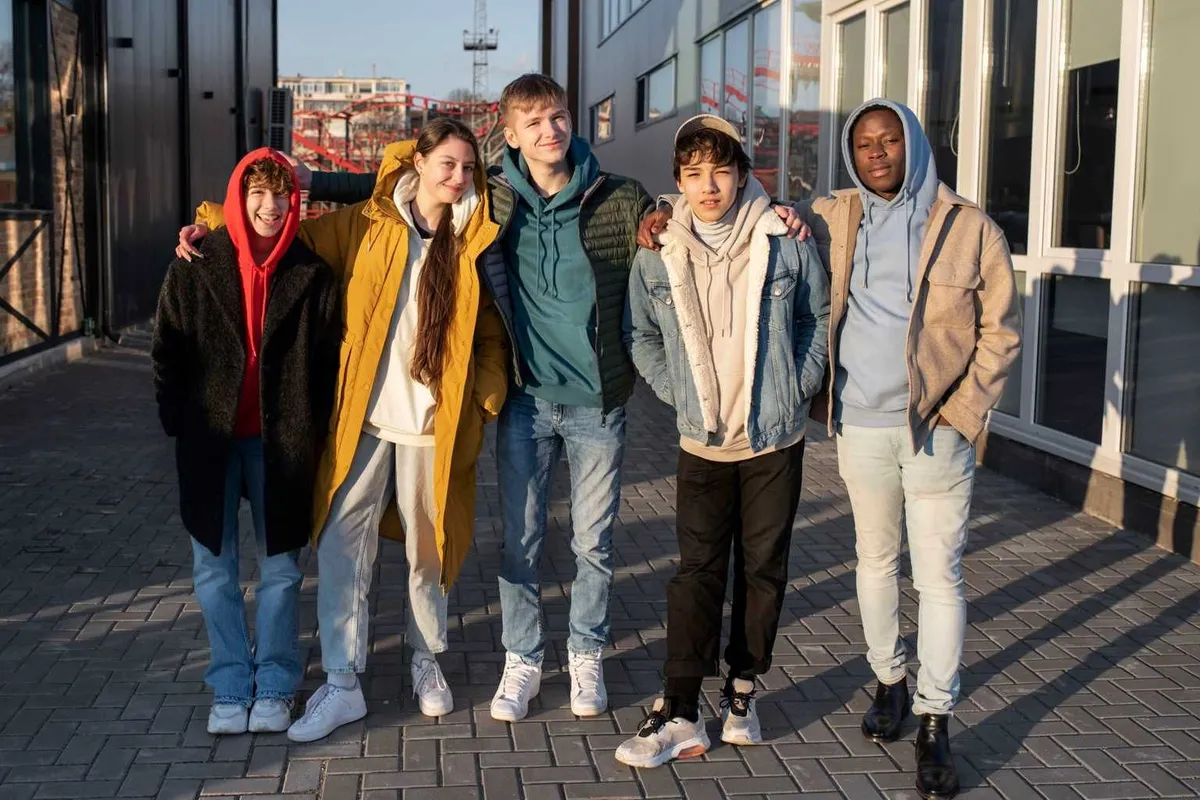Gen Z at a Crossroads: Navigating a Foggy Future

In today’s fast-changing world, Generation Z (those born between 1997 and 2012) is staring down a future full of unknowns. Unlike previous generations, these young adults are stepping into a time when financial security isn’t a given. Issues like climate change, shaky job prospects, and rising living costs are making the road ahead a bit unpredictable.
Rethinking Success Today
Suzy Welch, a professor at New York University, is concerned about promises of quality education, steady jobs, and the chance to move up that just aren’t holding up anymore. Looking back on her youth, she remembers a time when doing better financially than your parents was almost a certainty—with homeownership as a clear goal. But things look very different for Generation Z. Traditional signs of moving up the ladder are now under the microscope, as young folks start wondering if all that hard work really pays off when the future feels so up in the air. As Welch puts it, “What’s the point of working hard if the future is so uncertain?”
Today’s students tend to be cautious and practical about what lies ahead. Their doubts come after comparing their own experiences to the upbeat stories of the past, leaving them feeling pretty disillusioned. They clearly see the gap between aiming for a better life and the real hurdles tied to economic and environmental issues.
Navigating the New Job Scene and Money Challenges
The old-school career path just isn’t cutting it anymore. By 2025, the straight shot from graduating to landing a good job and working your way to the top is becoming a thing of the past. Downsizing in middle management roles has made it tougher for everyday workers to move up.
Then there’s the big shakeup brought on by artificial intelligence. AI is quickly taking over jobs that used to mean steady paychecks, adding more worry about job stability and career progression. This tech change piles more pressure on young people already feeling squeezed by economic challenges.
At the same time, skyrocketing housing prices and inflation are making life more expensive. Costs for basics like housing, groceries, and healthcare are climbing faster than wages in places like the United States and France. Even those with college degrees are finding that buying a home is becoming nearly impossible. As a result, many in Generation Z are delaying major steps—like purchasing a house—wondering if these milestones can ever be met after years of study and hard work.
Worries Over the Environment and the Need for Change
Climate change looms large over the minds of many Gen Zers. Students expect to face significant environmental challenges in their lifetimes, with some worried that our planet might suffer from past missteps. These concerns aren’t just idle chatter—they really shape how young adults see their future.
Feeling worried about tomorrow shouldn’t be mistaken for a lack of ambition. Welch is calling on leaders to really look into why young people feel so disheartened instead of simply writing them off. Building genuine hope and finding workable solutions means rethinking our schools, workplace cultures, and policies.
Connecting With the Next Generation
Looking ahead, Generation Z is set to join millennials and make up about 74% of the workforce by 2030, according to Forrester. That means companies need to create work environments that offer both meaning and clear opportunities for growth to attract and keep young talent.
A recent college graduate recently opened up about the stress of high rent, uncertain career prospects, and climate change—painting a picture of how the traditional “American Dream” has shifted in today’s world. To spark real hope and turn ideas into action, significant changes in our systems are in order.
This article invites us all to think about how we can better support young people as they navigate these rocky times. Readers are welcome to share their stories and thoughts so the conversation can keep rolling. By facing these challenges together, we all can help build a more stable and sustainable future for everyone.